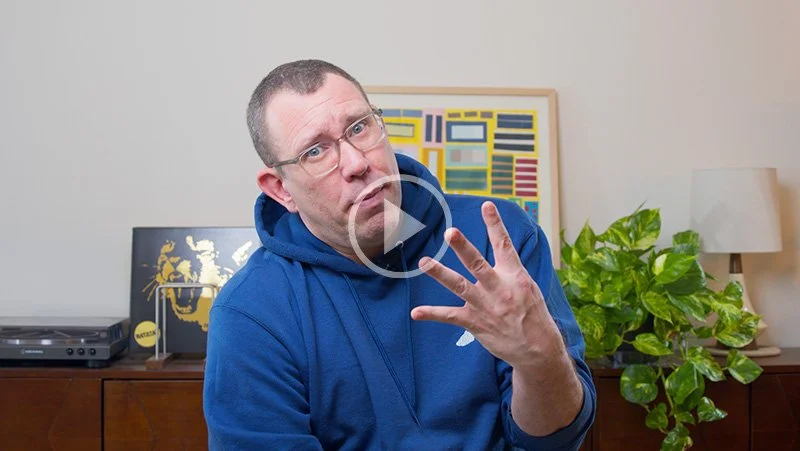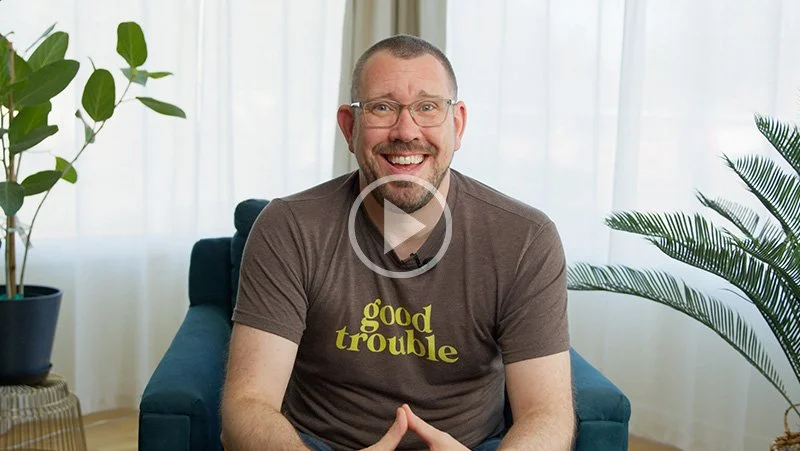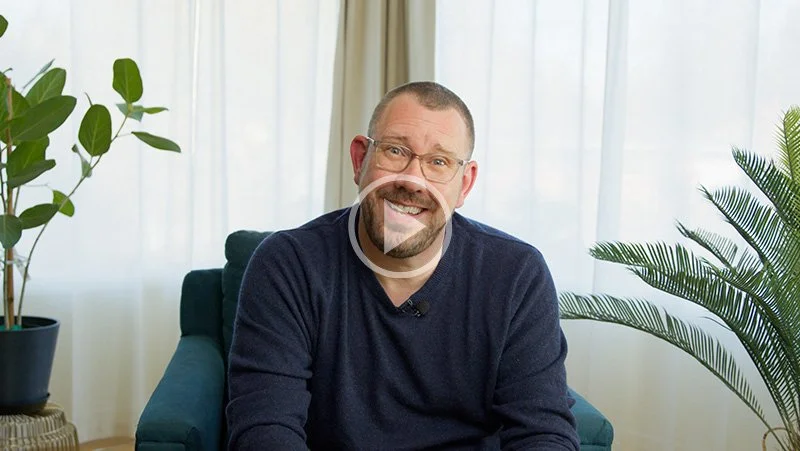Consistency Builds Trust & Confidence
Welcome to the #culturedrop. Every Tuesday, Galen Emanuele emails tools to advance leadership skills, team culture, and personal growth. No spam, just great content. Sign up now to get it in your inbox.
One of the most effective ways to build confidence and trust is through consistency.
Consistency helps you build confidence and trust with other people. As a leader, as a fellow coworker, as a friend, as a partner, etc. Doing what you say you are going to do and being consistent with your behavior is key.
For leadership teams, it’s important to be consistent about how you communicate and about what you hold people accountable to, and what it means to be part of your team. All of these things are crucial to building trust inside your team and organization.
A good self reflection.
To be consistent with yourself and others and exhibit behaviors that are in alignment with that over time helps people understand who you are.
Can people trust that you are the same person in every room that you’re in, regardless of who else is there? And are you consistent with how you behave, and how you respond to situations?
These things also allow others to be able to accurately predict how you're going to react to something which is vital to building trust in relationships. Being volatile or unpredictable will cause people to withhold a certain level of trust from you.
True for teams and workplace culture.
This topic is massively important for leadership teams and leaders to think about and consider: “In what ways are we really consistent, or struggle with consistency? Is this an area of opportunity of improvement for us?” The answers to these questions have a huge impact on employee experience and workplace culture.
“The answers to these questions have a huge impact on employee experience and workplace culture.”
A specific place where this comes up a lot in conversations with leaders and my work with teams is in any environment where there's a lack of trust or some challenging dynamics inside companies. Often times that’s where there is history of static between leadership and employees or between different departments or a general lack of accountability that leads to broken or damaged relationships and trust overall.
An absolutely must-have element to repairing those relationships and establishing a healthier team environment is consistency. In how people behave and react, in communication, in leadership and teams following through on their word — all of these things are required to make things better. Being consistent and predictable (in a positive way) is clutch.
This is true for ourselves as well.
This also applies to building confidence and trust in yourself. For me personally, struggling with things like going to work out, or writing in my book, and just generally being more disciplined in my habits has an impact on myself.
The more often that we have intentions or make commitments and then break that promise to ourselves or in a way let ourself down, it erodes our own sense of trust and confidence personally.
“The more often that we have intentions or make commitments and then break that promise to ourselves or in a way let ourself down, it erodes that sense of trust and confidence personally.”
And I know that can be really hard. Life is challenging and we can all be too hard on ourselves for not following through on the things that we want to do, or tell ourselves that we’ll do. It’s important to extend ourselves some grace and not beat ourselves up.
And also remember that if we want to build a strong sense of confidence within ourselves, then it takes a higher level of intentional discipline and consistency. It goes a long way to feeling like you can trust yourself, and that the things you tell yourself are true.
Related Articles:
Want more?
This article was created by Galen Emanuele for the #culturedrop. Free leadership and team culture content in less than 5 minutes a week. Check out the rest of this month's content and subscribe to the Culture Drop at https://bit.ly/culturedrop








